Avis sur les objectifs DSLR :quel objectif acheter ?
Sans les bons objectifs DSLR, vous ne prenez pas les meilleures photos possibles et vous ne réalisez pas votre plein potentiel en tant que photographe. Voulez-vous prendre les photos les plus nettes et les plus claires qui soient ? Vous devez utiliser un objectif de très haute qualité pour que vos photos ressortent au mieux à chaque fois.

Dans cette liste d'examens d'objectifs DSLR, vous n'obtiendrez pas seulement une multitude de recommandations pour les meilleurs objectifs DSLR, vous comprendrez également exactement pourquoi ils sont si appréciés. Canon et Nikon sont les marques les plus populaires, donc cette liste couvrira les plus recommandées de chacune. Vous découvrirez également d'autres marques d'objectifs qui donnent à Canon et Nikon une course pour l'argent.
Les objectifs Canon les plus recommandés
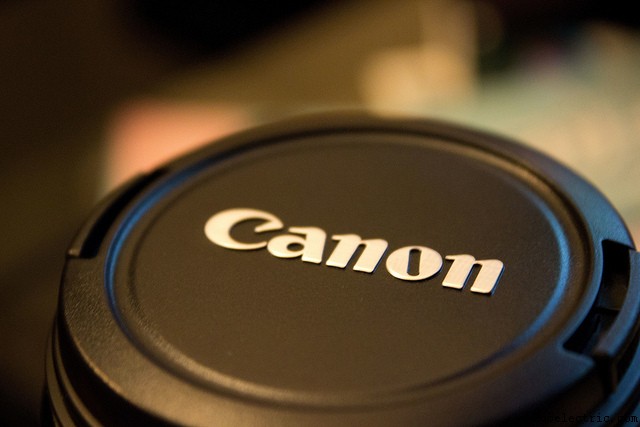
Canon est l'une des deux principales marques d'objectifs sur le marché. C'est un objectif incontournable pour un large éventail de photographes professionnels ainsi que les passionnés de photographie. Étant donné que Canon est une marque de haute qualité, bon nombre de ses objectifs ont tendance à être chers, mais il existe également quelques objectifs plus abordables et d'excellentes offres.
Objectif téléobjectif Canon EF 70-200mm f/2.8L IS II USM pour appareils photo reflex Canon
C'est l'objectif idéal si votre travail vous oblige à réaliser de nombreux portraits, tels que des photos de mariage. Même si vous aimez filmer des scènes de sport comme passe-temps, c'est l'objectif qu'il vous faut. Il offre une longueur de mise au point polyvalente et est idéal pour les photographes qui souhaitent se rapprocher de leurs sujets. À 7 livres , c'est un objectif sensiblement plus lourd que la plupart. Il peut coûter plus de 2 000 $, mais bon ! N'oubliez pas que vous en avez pour votre argent.
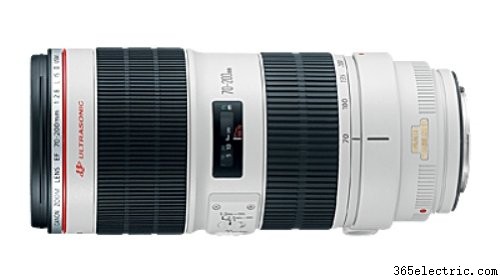
Objectif Canon EF 50mm f/1.8 II
À moins que vous ne soyez un photographe professionnel avec beaucoup de concerts, vous ne devriez vraiment pas payer un bras et une jambe pour vos objectifs, même s'ils sont parmi les meilleurs dans ces revues d'objectifs DSLR. Ce modèle correspond parfaitement à cette stipulation, car il est très abordable à environ 100 $ , et sa qualité optique est assez impressionnante pour le prix ! Si vous êtes un fan des gros plans extrêmes, cet objectif est fait pour vous, tant que vous êtes d'accord avec les prises de vue pour les portraits. À seulement 1 livre, il est assez léger, ce qui le rend très pratique à emporter sur le terrain avec vous.
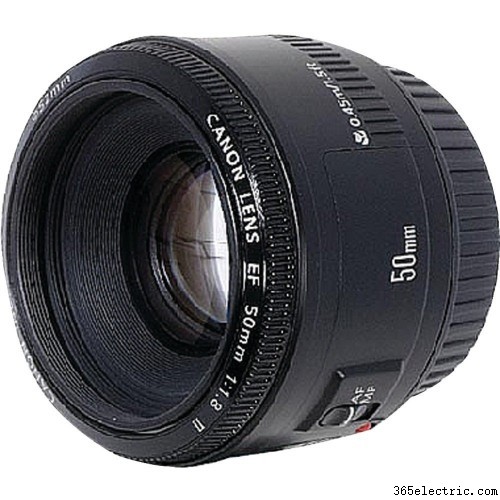
Objectif téléobjectif Canon EF 70-200mm f/4L USM pour appareils photo reflex Canon
Si vous voulez un objectif nettement moins cher que le zoom téléobjectif Canon EF 70-200mm f/2.8L IS II USM mais toujours avec une bonne netteté, c'est l'objectif qu'il vous faut. Non seulement c'est plusieurs centaines de dollars moins cher, mais c'est aussi beaucoup plus léger à seulement 3 livres.
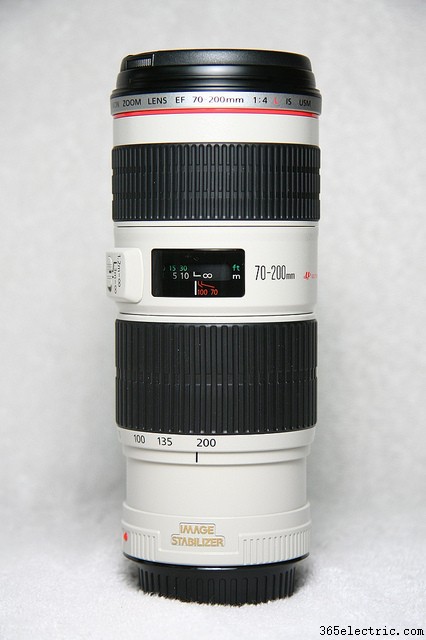
Il dispose également d'un système de mise au point interne ainsi que d'un moniteur à ultrasons pour une mise au point automatique efficace et silencieuse. Avec une distance de mise au point la plus proche d'un peu moins de 4 pieds, cet objectif est sûr de vous fournir des photos assez serrées.

Objectif Canon EF 85mm f1.2L II USM pour appareils photo reflex numériques Canon
Les photographes de portrait savent déjà qu'il s'agit de l'un des objectifs Canon les plus recherchés. Avec son ouverture circulaire et sa mise au point automatique haute vitesse, son téléobjectif moyen, son écran UltraSonic de type annulaire et sa distance focale de 111 mm, les photographes portraitistes sont sûrs d'obtenir les clichés les plus captivants et les plus réalistes avec cet objectif. En raison de ses performances de haute qualité, ce modèle Canon vous coûtera près de 2 000 $, mais il vous offre une excellente profondeur de champ qui augmente l'attention du spectateur sur le sujet de la photo, tout en brouillant l'arrière-plan. C'est pourquoi cet objectif est parfait pour les mariages et les portraits.
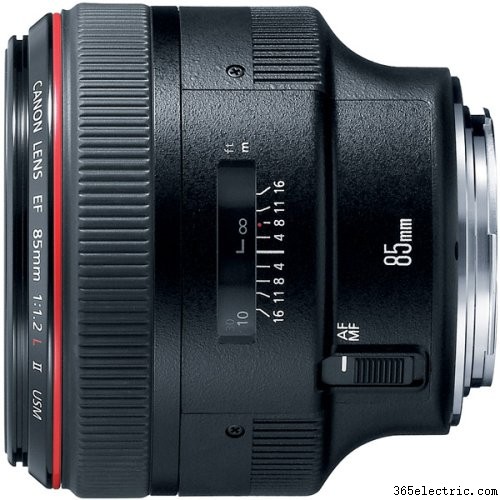
Objectif Canon EF 100mm f/2.8 Macro USM pour appareils photo reflex Canon
One of the best macro lenses you’ll find anywhere, this Canon model has a lot of benefits to provide photographers. It comes with a diagonal angle of view of 24 degrees, a 100mm focal length, an inner focusing system with an UltraSonic monitor and a focusing distance that can get as close as 1 foot. Its best feature, though, is probably its silent-wave motor. The focal length is absolutely delightful for shooting subjects that stand still (read:buildings, landscapes, etc.). So if you don’t have a requirement to shoot insects or fast-moving athletes, this should be perfect for you.
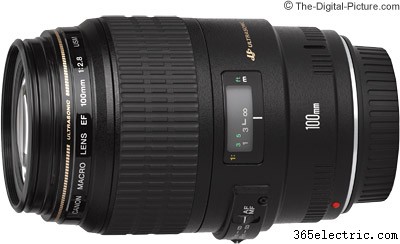
The Most Recommended Nikon Lenses
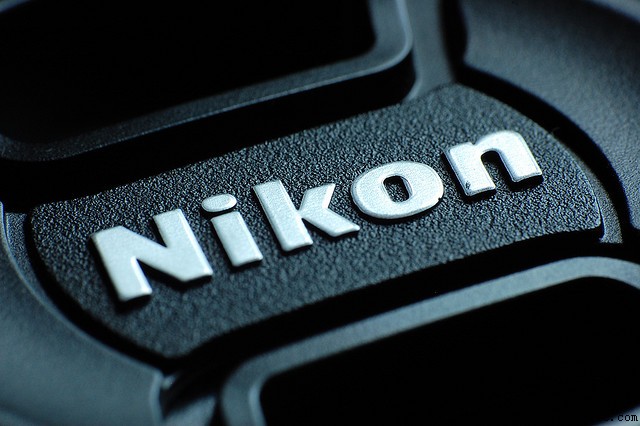
Nikon is the other big lens brand on the block, and its lenses have a reputation for great contrast, sharpness and color rendition. Some of its models even feature vibration reduction, which is great if you’re fond of shooting from moving vehicles. Nikon lenses tend to be pricier, too.
Nikon 28-300mm f/3.5-5.6G ED VR II AF-S Nikkor Zoom Lens for Nikon Digital SLR
Value and spectacular quality meet to offer one of the best Nikon lenses on the market right now. There are many factors to take into consideration when evaluating this model:Its widely praised zoom range, its relatively low price point (for what you get), and its brilliant optical quality. This is the lens you want with you when you’re on vacation or even just photowalking in your own neck of the woods. If there’s a minus here, it’s a minor one:This model can be somewhat slow to focus, given the bigger focal range.
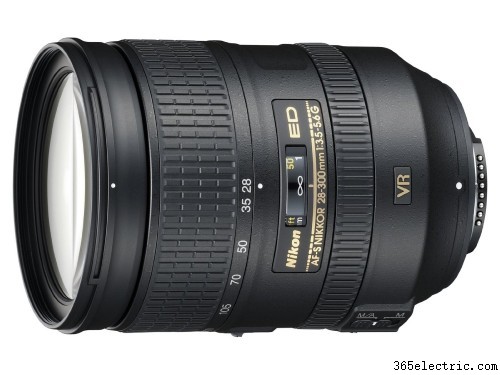
Nikon 70-200mm f/2.8G ED-IF AF-S VR Zoom Nikkor Lens for Nikon Digital SLR Cameras
The attractive aspect of this model is that it has a great reputation for being a high-quality lens, with many photographers giving it rave reviews. Some of its standout features include its relatively quick speed, vibration reduction and how it lends itself very well to being used for weddings, portraits and sports shots. Vibration reduction is especially sweet if you have a knack for taking a lot of pictures from moving cars, boats or even planes! One small note, though:It’s relatively expensive, so be prepared to shell out at least a couple of grand for this baby.
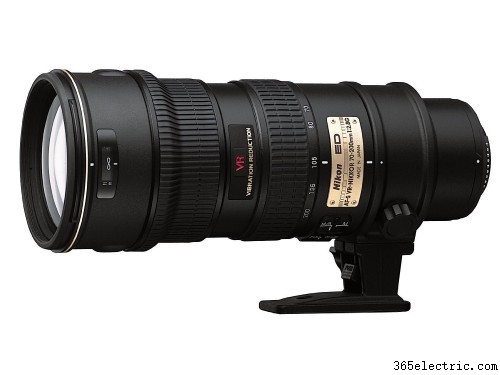
Nikon 105mm f/2.8G ED-IF AF-S VR Micro-Nikkor Lens
Canon had its entry into the macro-photography genre above, and now Nikon contributes its own macro-photography lens in this list of DSLR lens reviews.
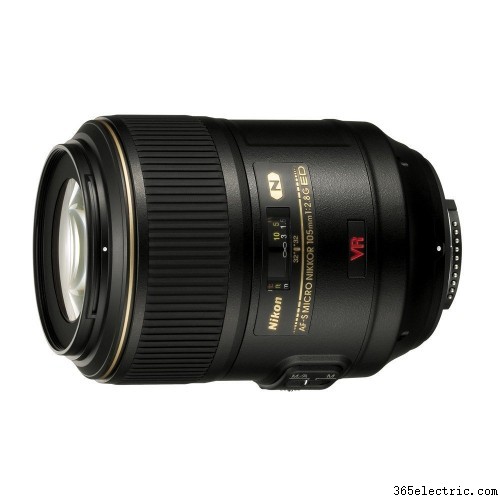
If you’re a fan of snapping shots of tiny insects, the delicate dew on flowers in the morning, and any object up close and personal, then you need this lens. This Nikon model is exemplary because it has vibration reduction , which means that its quick aperture is going to be even that much more useful to you out in the field.

Nikon 70-200mm f/2.8G ED VR II AF-S Nikkor Zoom Lens For Nikon Digital SLR Cameras
Calling all portrait photographers! This is your go-to Nikon lens when you have to shoot weddings—you won’t be left disappointed. Its defining feature is that it provides super-sharp results through much of the focal range…what more could you ask for? Some portrait photographers may indeed like shorter focal length primes when taking portrait shots, but you’ve got to go with what works for you. Some of its best features include the silent-wave motor, vibration reduction, image stabilization and amazing sharpness and color correction, thanks to extra-low dispersion elements.
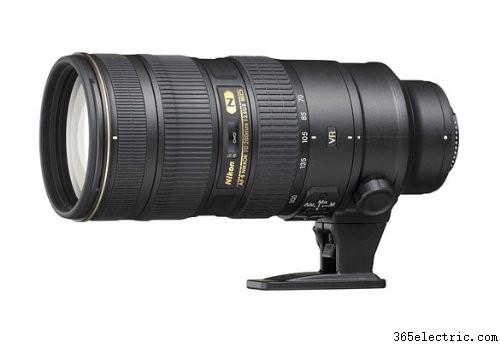
Nikon 24-70mm f/2.8G ED AF-S Nikkor Wide Angle Zoom Lens
If you’re looking for a fairly priced, easy-to-use and enjoyable lens, look no farther than this particular Nikon model. On Amazon.com, it currently enjoys a fairly high rating of 4.6 out of 5 stars, meaning that customer satisfaction is extremely high. Out of more than 230 reviews so far, the lens has nearly 200 5-star reviews. A zoom lens with a fair focal range, it impresses photographers with its fast-focusing abilities, sharp picture-taking results and comfort of use. All this boils down to a lens that’s ideal for everyday photography , people shots and landscapes.
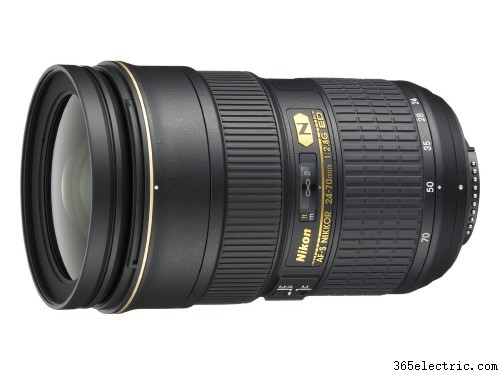
The Most Recommended Non-Canon/Non-Nikon Lenses
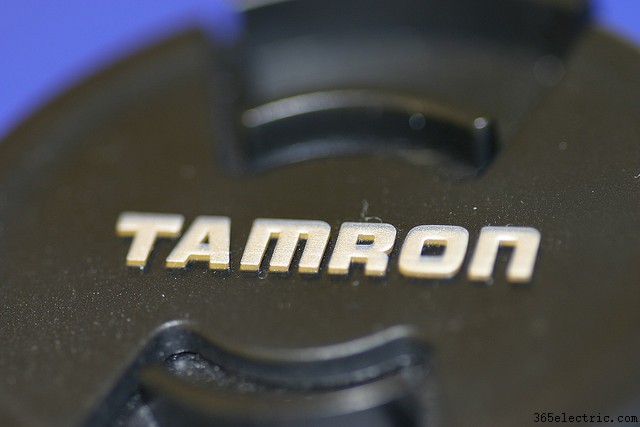
Sometimes, cheaper and lesser-known lenses are all you need! Unless you’re a professional photographer or someone who’s fond of showing off your brand-name lenses, you can do just fine with third-party lenses. While they’re not up to par, quality-wise, with Canon or Nikon, there are some gems to be found in this category.
Tamron AP 28-75mm f/2.8 XR ZL Di LD Aspherical Lens:Canon Version, Nikon Version, Pentax Version, Sony Version
Tamron may be a lesser-known lens brand, but you’d never know that from the sheer quality of this model. It’s gotten rave reviews from photographers who appreciate its various strengths, very affordable price tag and sharp quality. Costing just $500, this lens focuses very quickly, offers sharp picture quality and can even be used as an excellent macro lens as a bonus. It is capable of focusing to within half a foot of any given subject! If you don’t mind purchasing a third-party lens, you can get a nice alternative to the much pricier Canon and Nikon lenses.
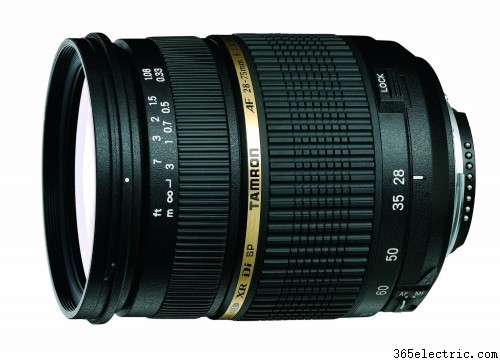
Sigma 10-20mm f/4-5.6 EX DC HSM Lens:Canon Version, Nikon Version
An enjoyable wide angle lens to have around when you take your camera bag and hit the town, this Sigma model features a hyper sonic motor. This means you get high-speed and silent autofocus, as well as full-time manual focus. For a third-party lens brand, it also possesses quite an impressive close-focusing distance of just 9.4 inches. At 3.2 inches in length and 3.3 inches in diameter, this is a compact lens that you should be easily able to take with you just about anywhere, which is a sizeable part of its appeal.
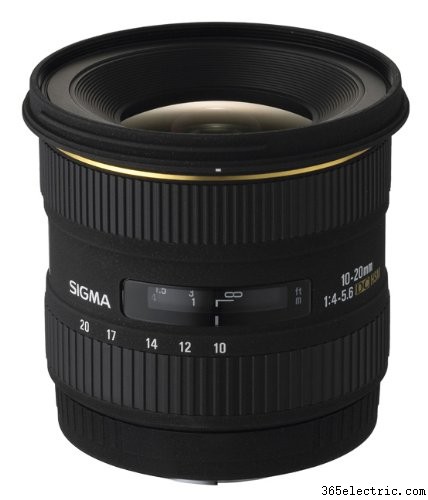
Tokina 11-16mm f/2.8 Lens:Canon Version, Nikon Version, Sony Version
It’s not too often that you come upon a wide-angle lens that is the epitome of affordability and great quality. This Tokina model fits the bill on both counts:Its sophisticated optics and quick aperture put it in a league of its own, at least as far as its competitors in this same price point are concerned.
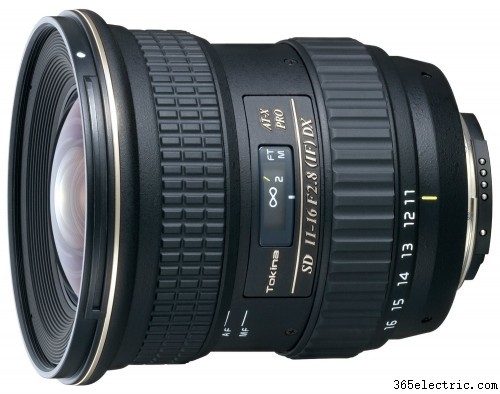
For added durability, all the moving parts of the lens are coated with an extraordinary lubricant. This Tokina lens can fit Canon, Nikon and Sony cameras. This brand has a reputation for clean and really sharp images —you’ll see why when you use this lens.
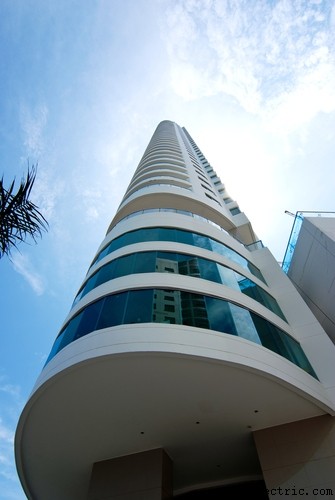
SMC Pentax FA 50mm f/1.4
Photographers always on the go who value lightness and compact lenses will be impressed with this lens from Pentax. At just under 8 ounces and only 1.5 inches, it’s a lens that’s meant to be as non-intrusive as possible. Featuring a completely automatic diaphragm and a fixed, 50-mm focal length, you can’t ask for much more at a price point of under $400. A small reminder:Even though this lens works fine with all Pentax SLR cameras, you can only use the AF system specifically with Pentax AF cameras.
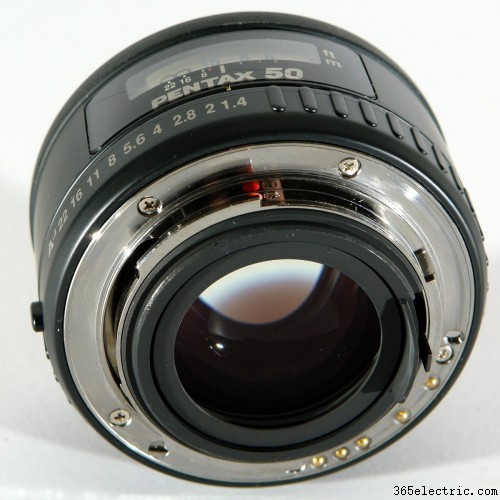
Sigma 50-500mm Lens:Canon Version, Nikon Version, Sony Version
Fair warning:This is the only lens on this list of DSLR lens reviews that doesn’t feature stunning optics. It’s still on this list because it offers adequately sharp, but not breathtakingly sharp, images. Besides, it possesses a comfortable focal range and an effective autofocus. The reason this baby’s on this list, though, is because it opens up opportunities for thousands and thousands of photographers who otherwise wouldn’t be able to buy a real telephoto lens for wildlife and sporting shots! Usually, lenses for sports and wildlife photography will run you approximately $6000, but this Sigma model is available starting at $1500.
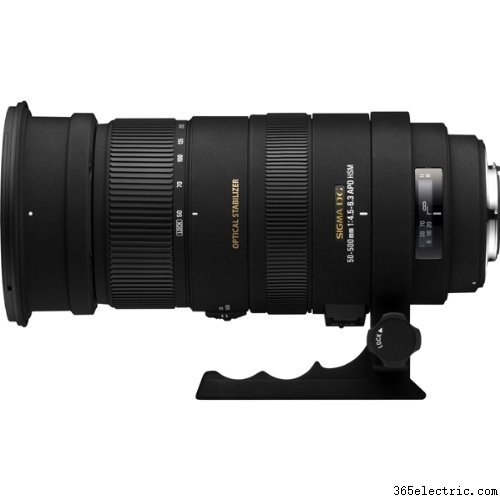
What’s the Best Lens for You?
It all depends! This authoritative list has taken you through a myriad of DSLR lenses that are perfect for photographers of all shapes and sizes. Are you a high-end photographer who needs to take wedding portraits for your job? You may want to strongly consider the Canon EF 70-200mm f/2.8L IS II USM Telephoto Zoom Lens. However, if you’re a budget photographer who doesn’t have the means to spend an arm and a leg for the latest equipment, you can still be happy with the quality of the Canon EF 50mm f/1.8 II Camera Lens.
There are even additional considerations beyond these. If you’re open to third-party lens manufacturers and don’t need to show off your Canon or Nikon equipment, then think about choosing a Tamron, Sigma, Pentax or Tokina lens. They’re cheaper than the Canon and Nikon lenses and still offer really good quality. Of course, if you have a passion for specialized and very refined photography that has you snapping shots from moving vehicles, you may want to splurge and get the Nikon 70-200mm f/2.8G ED-IF AF-S VR Zoom Nikkor Lens.
You and you alone decide on which lens works best for your priorities. The sooner you incorporate this philosophy, the faster you’ll find the perfect lens.
What are YOUR favorite DSLR lenses? Do you have any memorable or positive experiences with specific lenses? Then, tell us all about them in the comments section! And, as always, feel free to share this post so more peeps can learn about photography.
